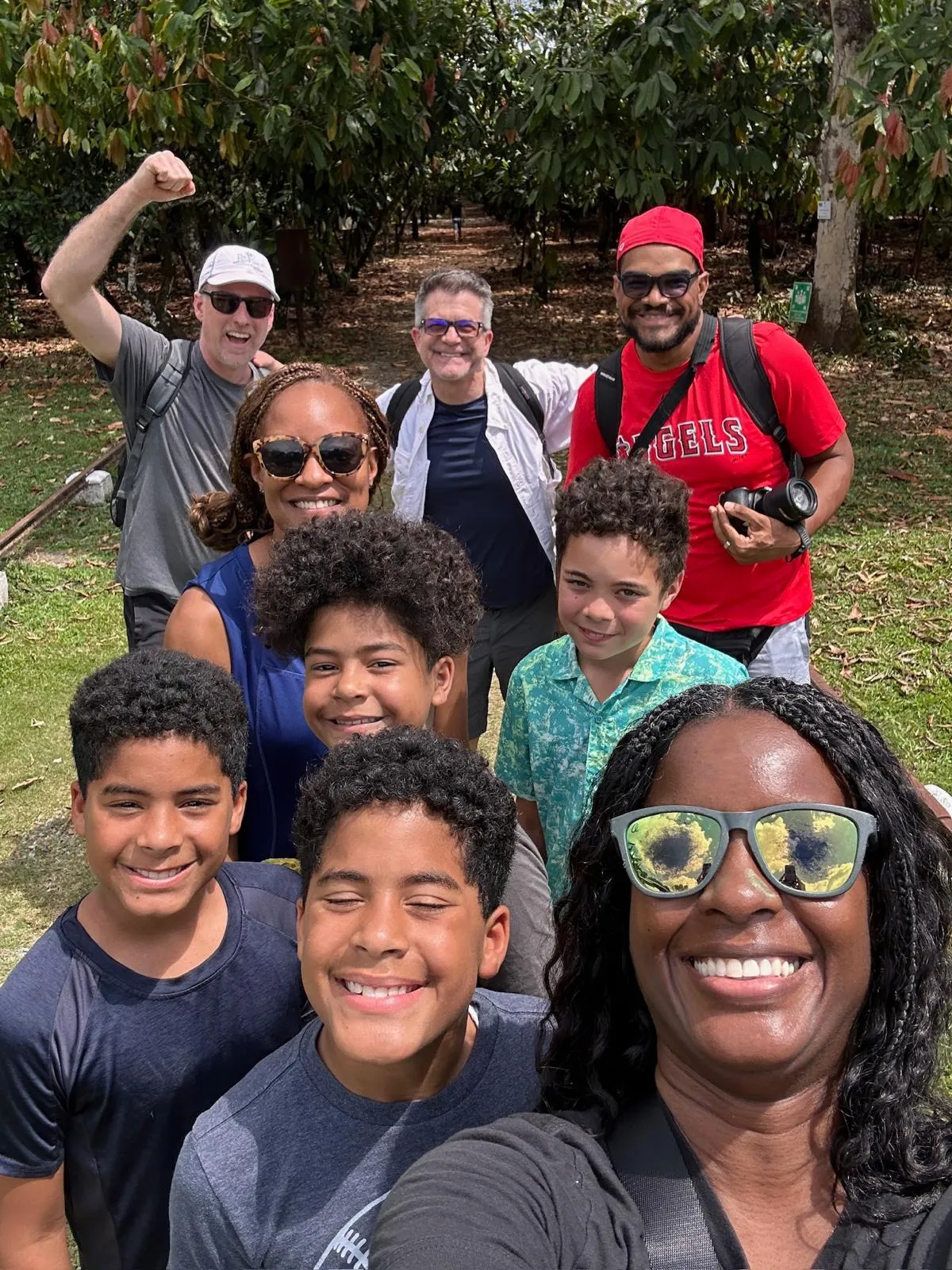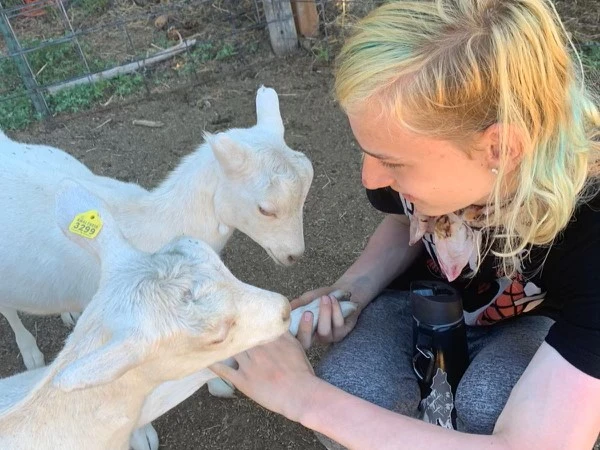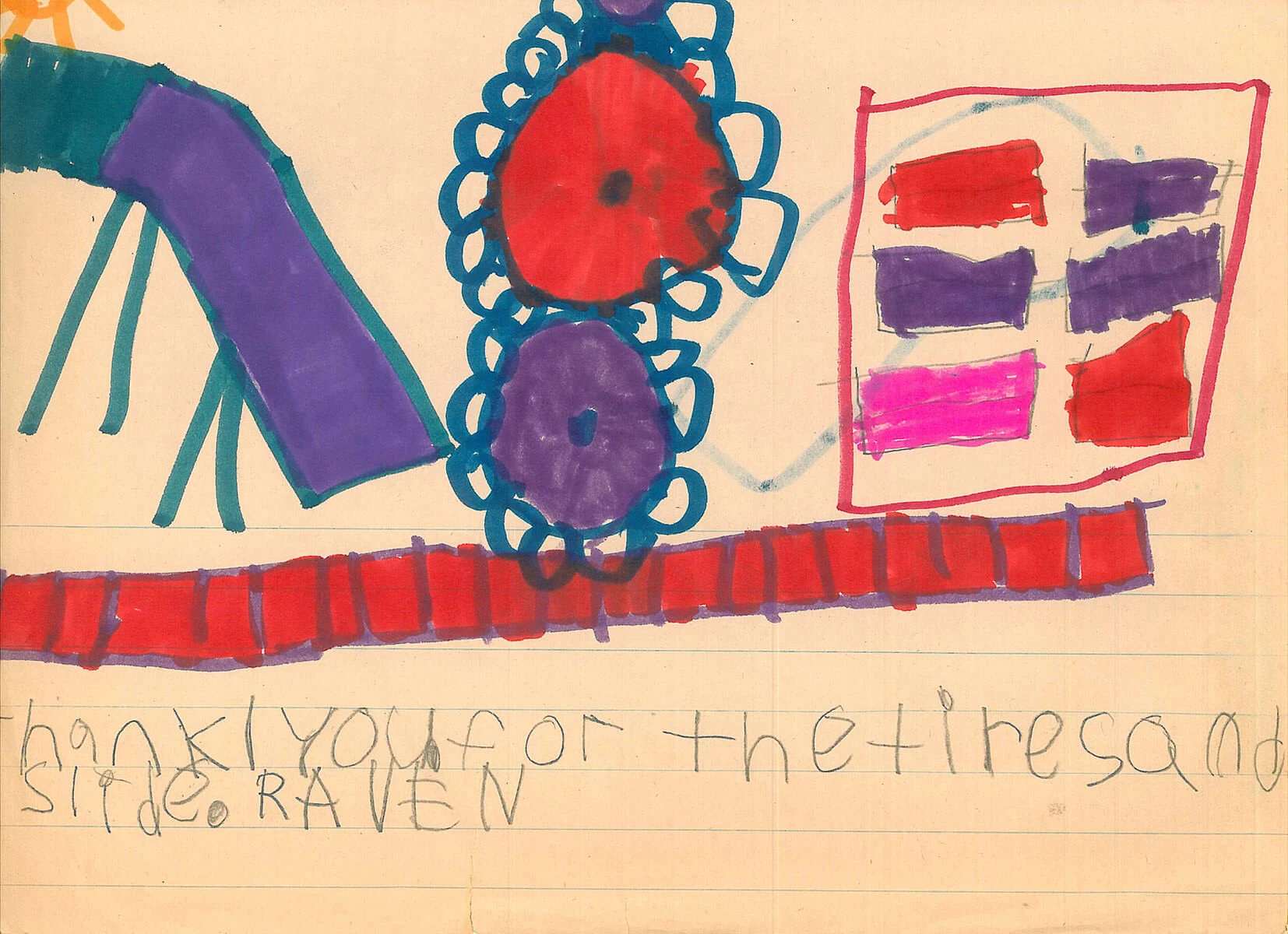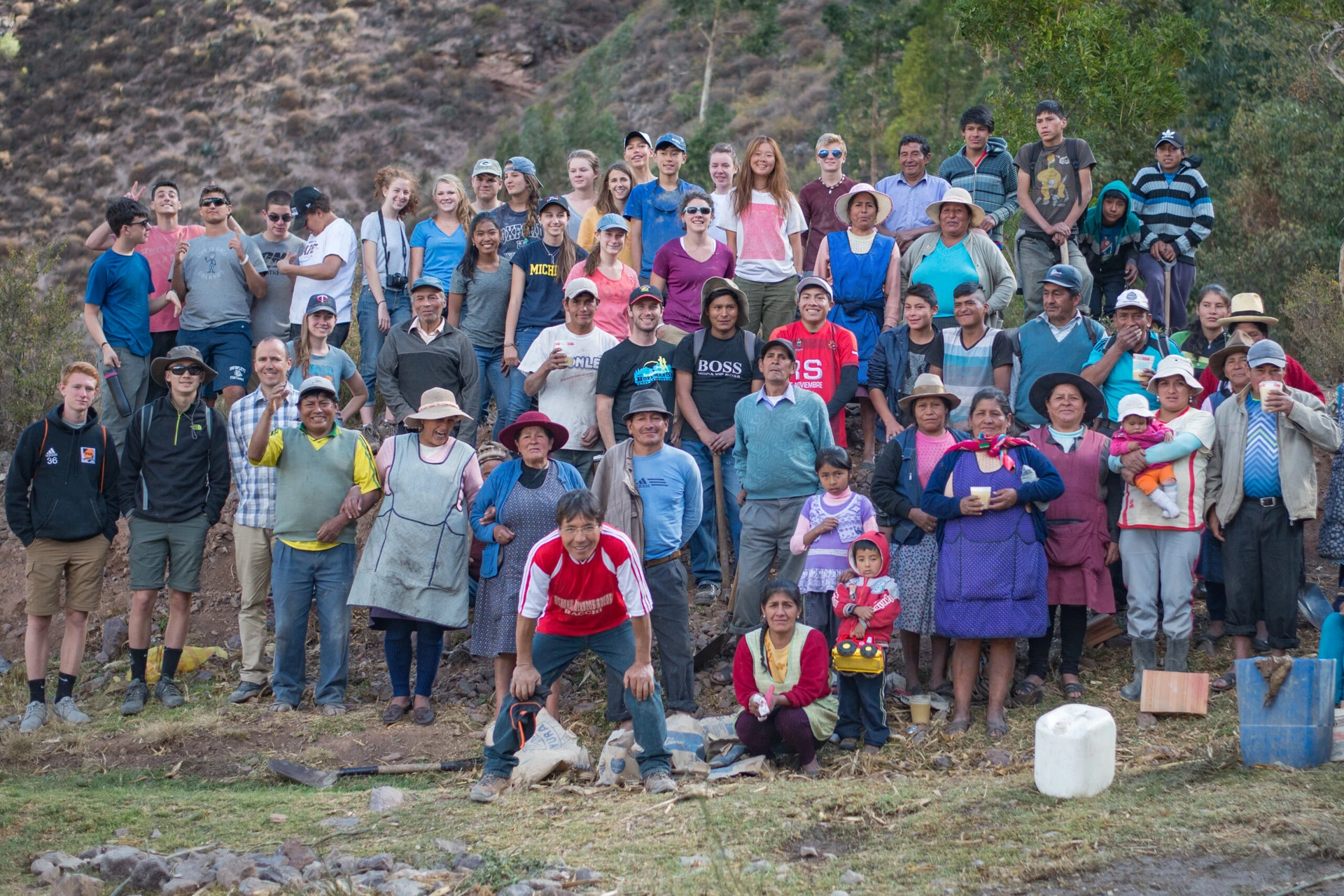When experience based knowledge melds with education we become more knowledgeable, fully conscious adults. Classroom based education is only one aspect of a well-rounded education. The VISIONS summer community service programs encourage strong personal growth and global awareness through exploration and the support of the VISIONS community.
Consider the metaphor of the squirrel which comes from James Hillman psychologist, Pulitzer Prize nominated author and social critic. Hillman’s squirrel helps explain VISIONS Service Adventures’ community service model – why and how we are not strictly a service learning program as the term is commonly understood.
What keeps a squirrel from missing the leap from one tree branch to another? The knowledge of how far to jump, how high to leap is not innate in the squirrel. The squirrel wasn’t born with this knowledge. It has not memorized, analyzed, problem-solved or even reflected on how high or far to leap to the tree branch. Yet, the squirrel learns and learns well. Knowledge is out there in the world. The tree branch affords the squirrel this knowledge. The squirrel trusts the world to teach it what it needs to know.
All creatures learn how to read the world and what it is saying by being in it. This is how we learn to speak our native language, how to crawl then walk then climb, how to catch a fly ball pitched from 300 feet away while running hard and fast. We learn through engaging the mind, muscles, heart and psyche, simultaneously, and in the present. This broad arc of learning is greater than mere mental reflection, problem-solving or rote information-collection. In this realm of learning, Hillman says, interpretation is not the object, “Experience is the thing”.
During VISIONS staff training in June, we emphasize the VISIONS program framework, teach safety protocols and talk about how to achieve our goals for the middle school and teenage participants. At the program site, our leaders impart information to students about work projects, the community and culture, how to make group living happen efficiently, productively and meaningfully, and they encourage reflection about the experience, too, during regular weekly circle meetings.
In the end, however, we stress to our leaders that their primary role is not to impart information or interpret the experience for students. VISIONS leaders, while ensuring a safe program environment, allow our participants as much access as possible to the marvelous knowledge afforded in our program locations around the world.






